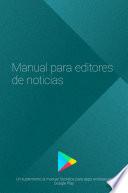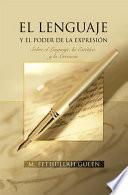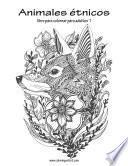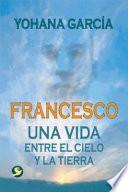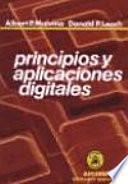Comunidades Microbianas Presentes En La Hojarasca A Diferentes Estados De Descomposicion Con O Sin La Abertura Del Dosel Y La Deposicion Del Detrito
Resumen del Libro

Hurricanes are common disturbances affecting forest ecosystems in the Caribbean. Our objective was to determine the relative abundance and diversity of microorganisms in leaf litter at different stages of decomposition, and the influence of canopy opening and debris addition or removal. The study was conducted in the tabonuco forest (subtropical moist) at El Yunque Rain Forest, Puerto Rico. Three blocks with four treatment plots were established. TRFLP profiles of the 16S rDNA digested with MnlI and fungal ITS digested with HaeIII showed that the microbial communities at 17, 31 and 55 weeks were highly divergent among treatments. Ratio of fungal to bacterial phylotypes increased for close canopy with debris addition. Leaf mass loss was slowest in the treatment with canopy trimming and debris removal. Microbial community changes through time can be related to microclimate and the availability of labile compounds. Fungi appeared to control the succession of microorganisms in decomposing leaves.


